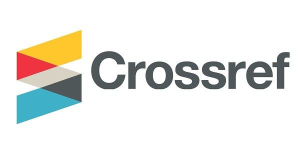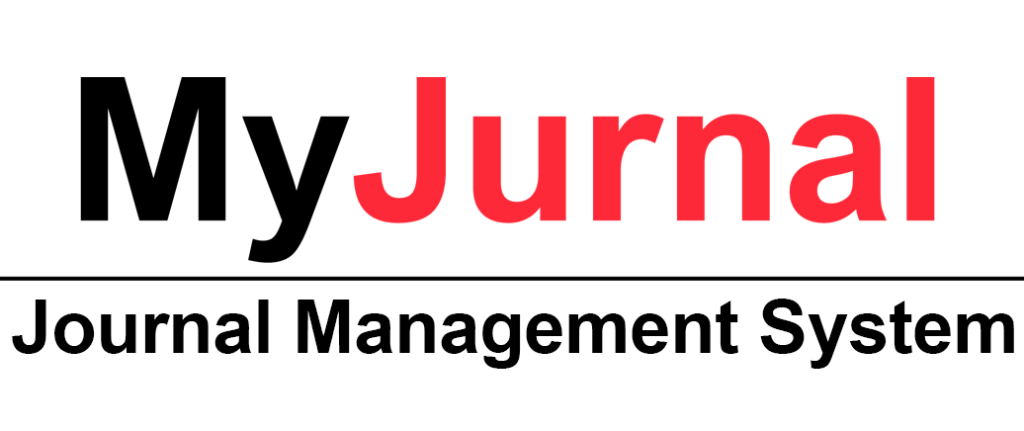Gender Equality and the Participation of Muslim Women in Education and Work: A Critical Analysis
DOI:
https://doi.org/10.31436/ijes.v3i2.79Abstract
Most of the today's writings on women tend to fit them within the frame of discrimination, where they are presented as victims of a male dominated society. Voices of women's rights proponents are raised to promote gender equality in every aspect of life. But, is that what our society should aim for and to what extent should it carry out this quest? Taking a theoretical approach, this paper will look at women at both educational and work environments. An Islamic perspective is employed to evaluate the general issues throughout the paper, and specifically the concept of gender equality. Special reference has been made to selected Qur’anic verses and the Prophetic sayings (Ahadith) dealing with women’s issues. The descriptive and analytical methods have been utilized through the entire discussion of this paper. This paper has reached at the conclusion that problems faced by contemporary women can be solved by referring to the Divine Word of Allah (s.w.t.), the Qur’an and the Prophetic Sunnah, as well as the Divine-Oriented traditions.
Abstrak:
Kebanyakan karya tulisan mengenai wanita hari ini cenderung untuk meletakkan mereka dalam kerangka diskriminasi, di mana mereka telah dipaparkan sebagai mangsa lelaki yang mendominasi masyarakat. Suara penyokong hak-hak wanita akan dibangkitkan untuk mempromosi kesaksamaan gender dalam setiap aspek kehidupan. Walau bagaimanapun, adakah itu yang masyarakat kita harus perjuangkan dan sampai ke tahap manakah harus usaha ini diperjuangkan? Mengambil pendekatan teoretikal, kertas kerja ini melihat wanita di dalam dua persekitaran iaitu pendidikan dan kerjaya. Perspektif Islam digunakan untuk menilai isu-isu umum seluruh kertas ini, khususnya konsep kesaksamaan gender. Rujukan khas telah dibuat kepada ayat Al-Quran yang terpilih dan hadith Nabi Muhammad SAW berkaitan dengan isu-isu wanita. Kaedah deskriptif dan analisis telah digunakan dalam seluruh perbincangan. Kajian ini menyimpulkan bahawa masalah yang dihadapi oleh wanita kontemporari boleh diselesaikan dengan merujuk kepada perkataan Allah (s.w.t.) dalam Al-Quran dan Sunnah Nabi Muhammad SAW, serta tradisi berasaskan ilahi.
Metrics
Downloads
Additional Files
Published
How to Cite
Issue
Section
License
The Journal will own copyright to all published works and have the right of first publication, both in print and online, unless other arrangements are made with the Editors in advance. It is the author`s responsibility to ensure that where copyright materials are included within an article the permission of the copyright holder has been obtained beforehand.






















